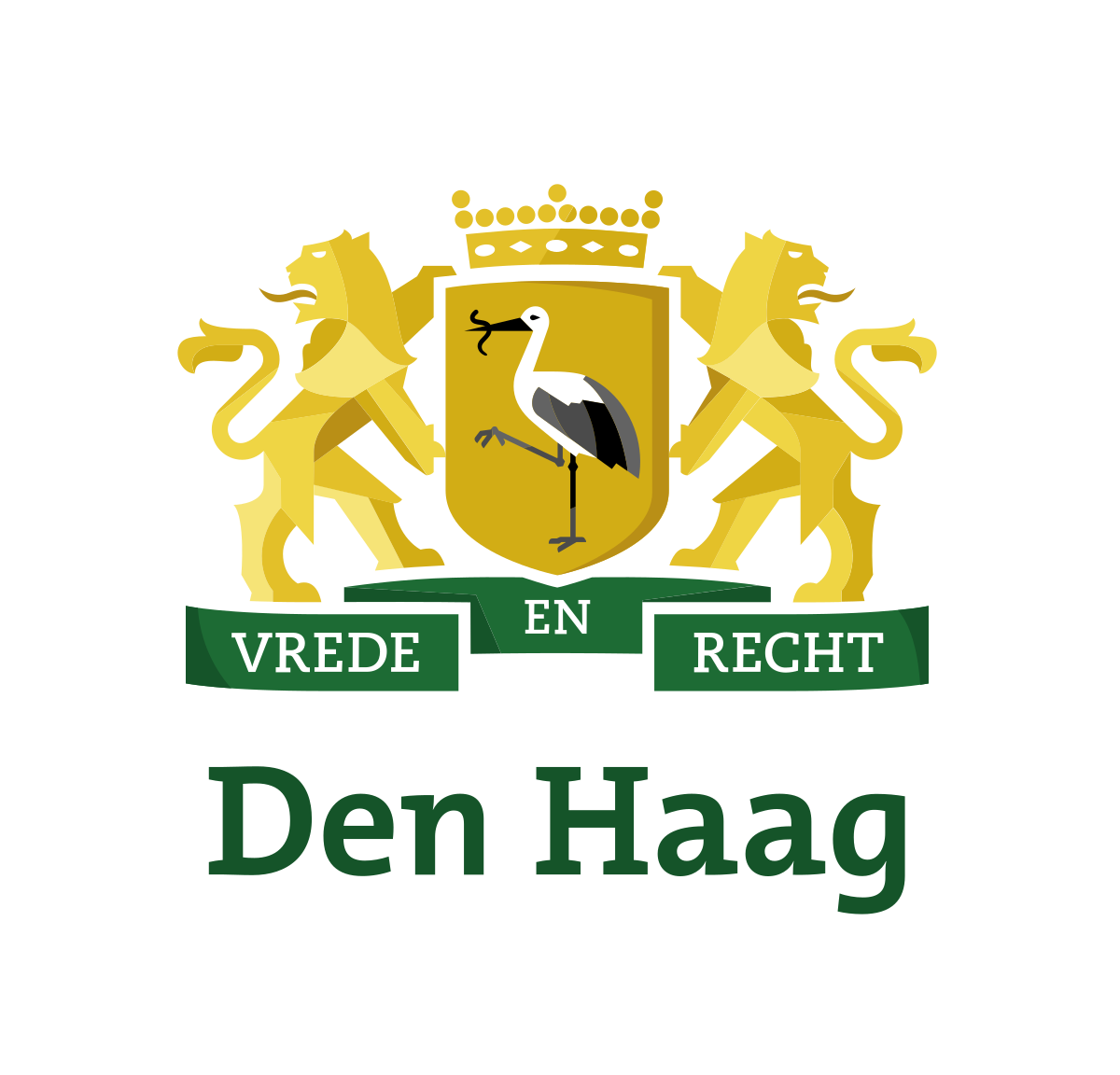In 1948 the International Labour Organisation (ILO) adopted Convention No. 87 concerning the Freedom of Association and the Protection of the Right to Organise. Since then, the convention has been ratified by 155 countries. Freedom of association is a fundamental labour right that ensures the right of workers to form and join organisations of their own choosing, as stated in the ILO Declaration on Fundamental Principles and Rights at Work. The right to organise and to form labour unions is the main condition for a working system of collective bargaining and social dialogue.
Freedom of association is also considered to be an integral part of a free and open society. Therefore, it is not only considered a labour right, but also a human right. As a human right freedom of association is proclaimed in the Universal Declaration of Human Rights signed in 1948. Article 20 mentions the right of peaceful assembly and association in paragraph 1. In paragraph 4 of article 23 the right to form and to join trade unions is declared. In addition, the freedom of association is affirmed in article 22 of the International Covenant on Civil and Political Rights signed in 1966. In paragraph 1 of this article it is explicitly stated that freedom of association, as a human right, includes the right to form and join trade unions to protect one's interests. In paragraph 2 strict conditions are provided on the possibility to place restrictions on the right to associate freely: any restrictions must be prescribed by law and must be necessary in a democratic society. The phrase 'necessary in a democratic society' is clarified to specify that the restrictions must be in the interest of national security, public safety, public order, the protection of public health or morals or the protection of the rights and freedoms of others. Furthermore, the International Convention on the Protection of the Rights of All Migrant Workers pays extra attention to the case of migrant workers through explicitly recognising the right to freedom of association in the case of migrant workers: migrant workers and members of their families have the right to join any trade union or any association.
In ILO Convention No. 87 the most important norm concerning freedom of association is set in article 2: workers and employers have the right to establish and join organisations of their own choosing. Article 10 of the same Convention defines the term 'organisation' to incorporate any organisation of workers or employers that furthers or defends their interest. Additionally, freedom of association is recognised as the third principle of the Labour Standards of the United Nations Global Compact. The goal of the Global Compact is to promote sustainable business by offering companies to incorporate the ten principles of the United Nations Global Compact. As a fundamental labour right, the freedom of association too is referred to in the UN Guiding Principles on Business and Human Rights. Finally, the OECD Guidelines for Multinational Enterprises declares that enterprises should respect the right of their employees to establish and join trade unions and representative organisations of their own choosing.
In a regional context, the European Convention on Human Rights states in article 11 that everyone has the right to freedom of association, including the right to form and join trade unions for the protection of his interests. Paragraph 2 of the same article places strict conditions on the restrictions to this right. The European Social Charter too declares the freedom of association in article 5. The Inter-American Convention on Human Rights too establishes the freedom of association, inter alia for labour purposes, and states under which conditions restrictions may be applied. The African Charter on Human and People's Rights too mentions the freedom of association in article 10, however makes this right conditional on adhesion to the law.
Codes of Conduct addressing Freedom of Association
{module Freedom of Association zoeken}

